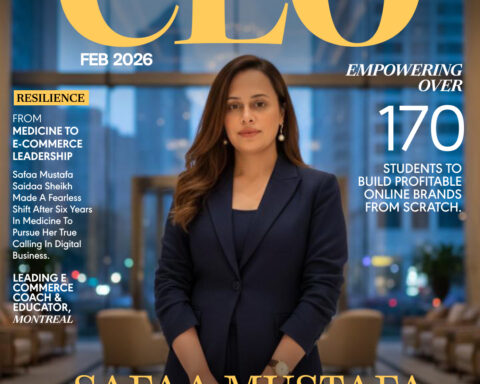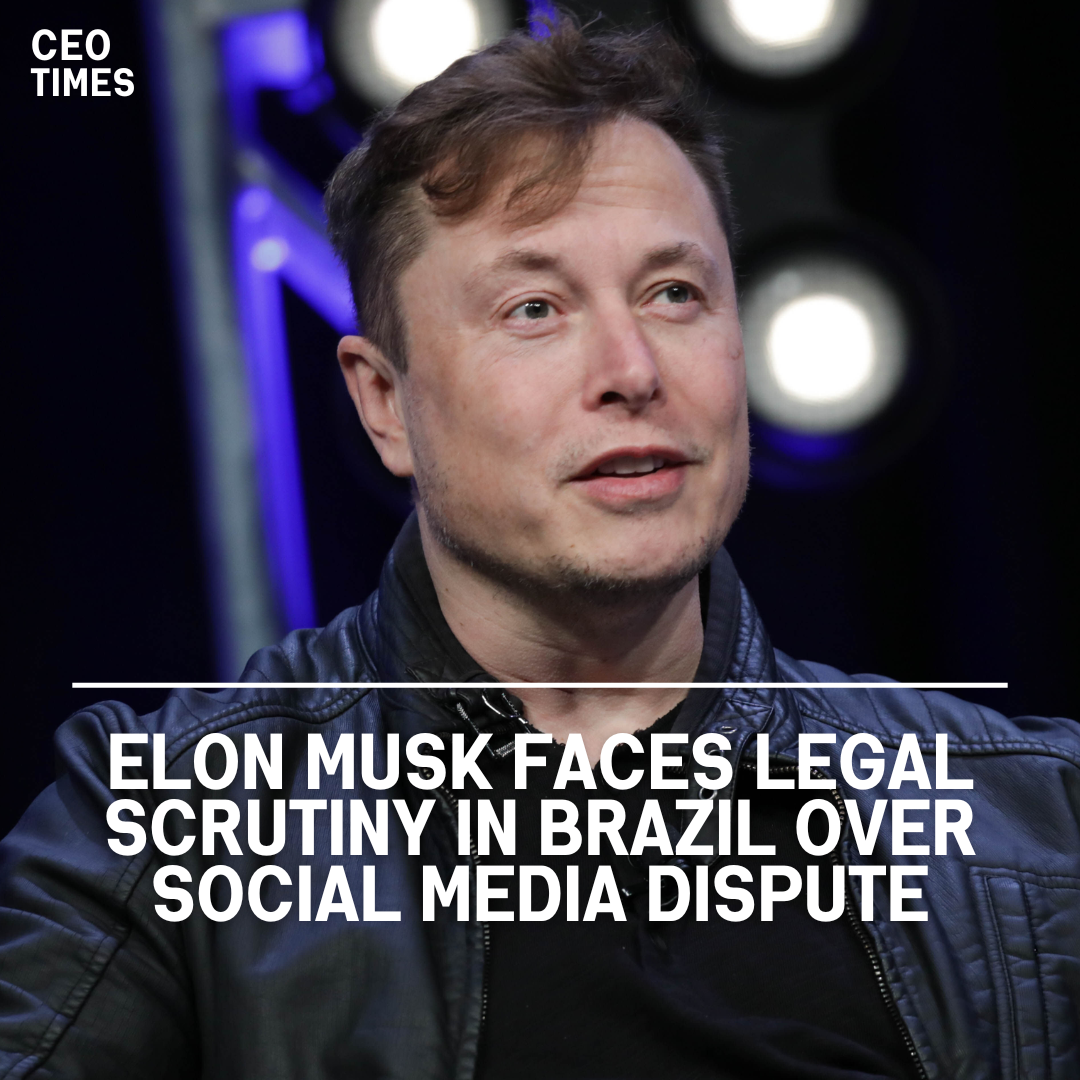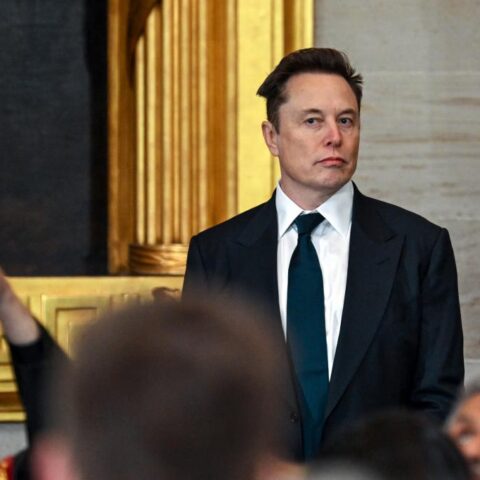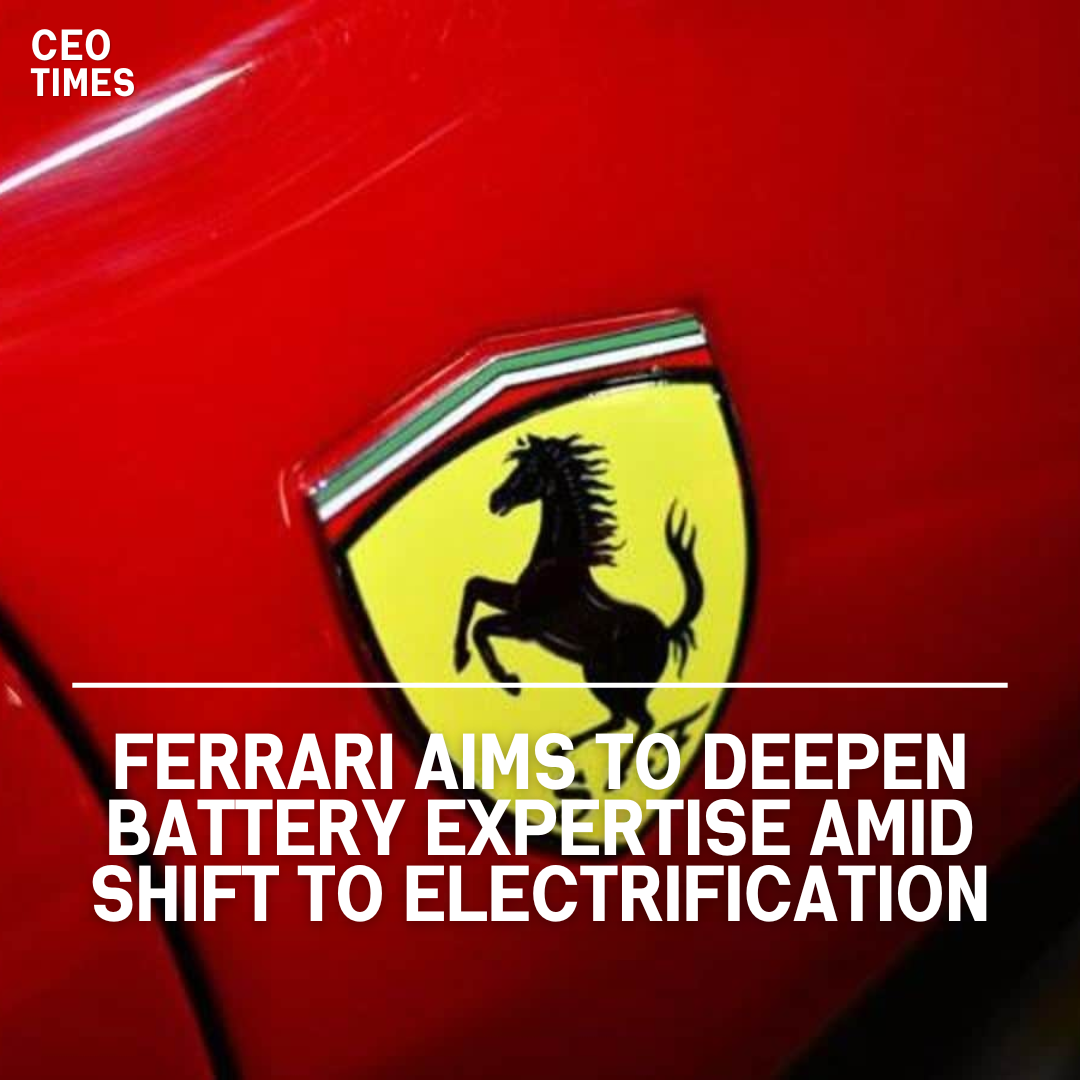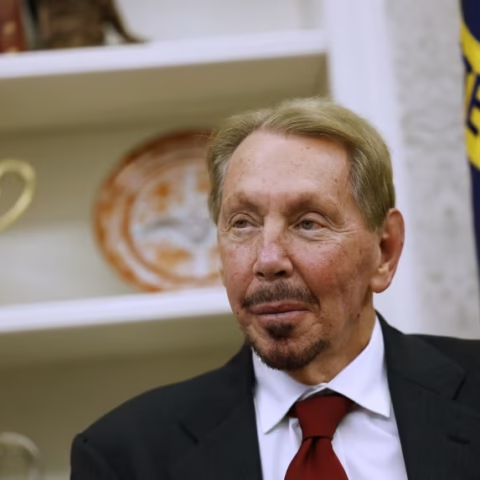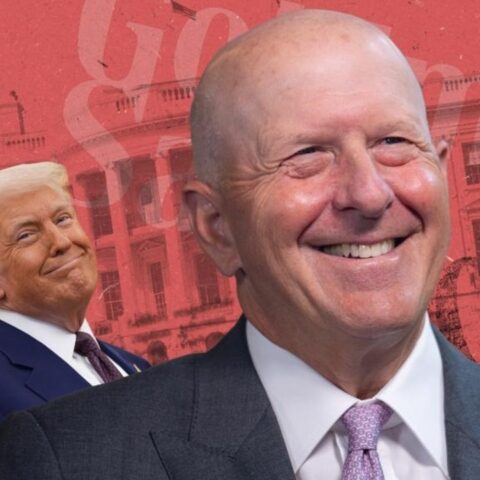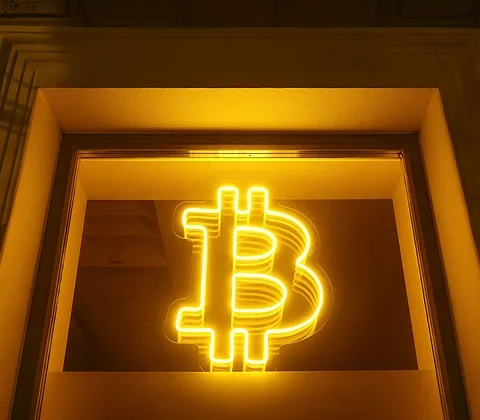A contentious standoff between Elon Musk and Brazilian authorities has escalated. A Supreme Court judge has initiated an inquiry into the billionaire’s actions following his defiance of a court order regarding social media accounts on the platform X.
The clash underscores broader tensions surrounding free speech, digital regulation, and legal authority in the digital age.
Background of the Dispute:
Elon Musk, the owner of X (formerly known as Twitter), clashed with Justice Alexandre de Moraes after Musk announced plans to reactivate certain accounts on X that Moraes had ordered to be blocked.
Musk, a staunch free speech advocate, denounced the court’s actions unconstitutional and called for Moraes’s resignation.
The dispute highlights the intersection of individual liberties, corporate power, and judicial oversight in social media.
Allegations of Digital Militias and Fake News:
Moraes’s investigation into “digital militias” accused of spreading fake news and hate messages during former President Jair Bolsonaro’s tenure adds complexity to the situation.
The inquiry reflects broader concerns about social media’s influence in shaping public discourse and its potential implications for democracy and governance.
Musk’s Defiant Response:
In response to the court’s actions, Musk condemned Moraes’s perceived violations of constitutional rights and pledged to legally challenge the order blocking X accounts.
He accused Moraes of jeopardizing X’s operations in Brazil and prioritized principles over profit, signaling his commitment to defending freedom of expression.
Legal Ramifications and Fines:
Moraes retaliated by expanding his investigation to include Musk and opening an inquiry into potential obstruction of justice.
He reiterated the court’s authority and threatened fines against X for non-compliance with the order to block certain accounts, underscoring the judiciary’s determination to uphold its rulings and preserve legal order.
Political Dynamics and Regulatory Proposals:
Brazilian President Luiz Inacio Lula da Silva’s government expressed support for Moraes, emphasizing the need for regulation to prevent foreign platforms from flouting Brazilian laws.
The incident fuels discussions about regulating social media networks and balancing free speech and accountability in the digital realm.

